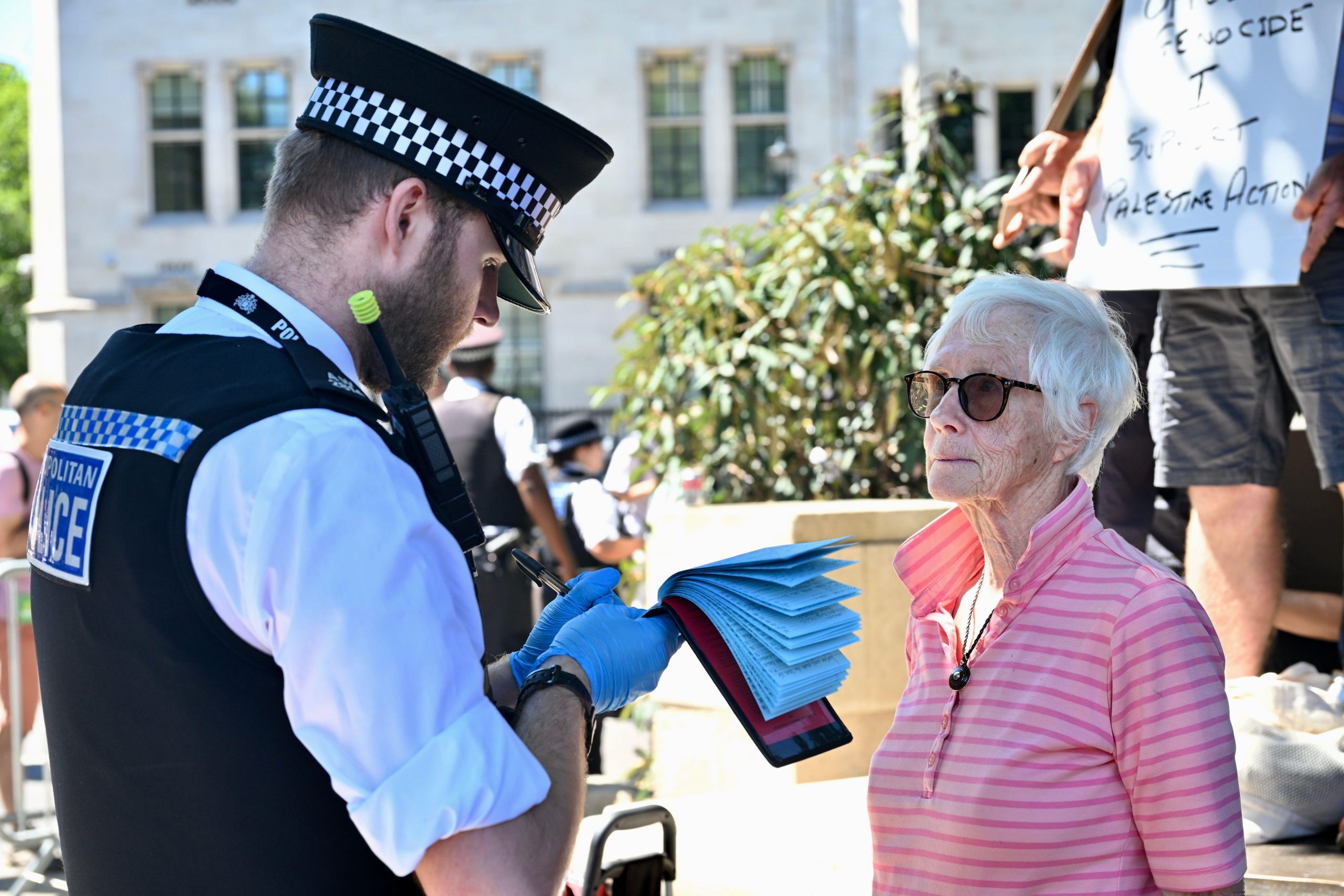 This week the Parliamentary Assembly of the Council of Europe (PACE) did not pass a resolution pressurising Azerbaijan to release or retry its political prisoners. Rebecca Vincent looks at how the body’s lack of pressure further endangers free expression in the country
This week the Parliamentary Assembly of the Council of Europe (PACE) did not pass a resolution pressurising Azerbaijan to release or retry its political prisoners. Rebecca Vincent looks at how the body’s lack of pressure further endangers free expression in the country
On 23 January 2013, PACE members voted on two key resolutions on Azerbaijan. The first, which called on Azerbaijan to honour its “obligations and commitments” as a member of the body, passed with an overwhelming majority in a vote of 196 in favour and 13 against. The second resolution called for more information to be released on unresolved cases of political prisoners in the country and failed to pass, with a vote of 79 in favour and 125 against.
Both resolutions were connected with long-awaited reports by PACE rapporteurs, and both contained recommendations from the body to the Azerbaijani authorities to improve the human rights situation in the country. PACE’s split approach to the two resolutions was the result of a carefully crafted lobbying strategy by the Azerbaijani delegation, which supported the somewhat-critical first resolution and the monitoring report on Azerbaijan — using it to make the second resolution on the more sensitive issue of political prisoners look both biased and unnecessary.
International and Azerbaijani rights groups viewed the defeat of the political prisoner resolution as deeply disappointing — particularly to those unjustly behind bars in the country who had high hopes pinned to its passage – and as a failure by the Council of Europe to hold Azerbaijan accountable for its obligations as a member state. The vote also has dangerous implications for the future of member states’ cooperation with PACE rapporteurs, as the body turned a blind eye to the Azerbaijani authorities’ refusal to issue a visa to Christoph Straesser, PACE’s special rapporteur for political prisoners in Azerbaijan — a fact that was then used to undermine the report’s credibility.
As Human Rights House Foundation Executive Director Maria Dahle emphasised in a press conference following the vote, the fact that the resolution did not pass does not mean that there are not political prisoners in Azerbaijan. Although it is true — as pointed out by opponents during the debate on the resolution — that many of the alleged political prisoners included in the original report have since been released, there have been new cases in their wake, as outlined in the report’s addendum, which many of the speakers who took the floor during the debate seemed to have not read. The real problem is the lack of political will of the authorities to improve the freedom of expression situation in the country, allowing for continued persecution of those who express critical opinions.
Indeed, there are a number of cases of journalists, human rights defenders, and activists currently in prison or detention in connection with exercising their right to freedom of expression, including Ilham Amiraslanov, Vugar Gonagov, Zaur Guliyev, Hilal Mammadov, Faramaz Novruzoglu and Avaz Zeynalli. Dayanat Babayev, Ogtay Gulaliyev, and Mehman Huseynov also face jail-time if convicted of politically motivated charges of hooliganism.
In failing to support the political prisoner resolution, PACE failed to take a stand on human rights and freedom of expression in Azerbaijan at a pivotal moment for the country’s relations with the Council of Europe. But all is not lost. As pointed out by UK MP Christopher Chope during the debate on the resolution, Straesser’s work has already resulted in the release of many persons he identified as potential cases of political prisoners and it also ensured that the monitoring report contained language on political prisoners.
PACE should use all available mechanisms to hold Azerbaijan — and indeed all member states — accountable for their Council of Europe obligations. The monitoring report contains important recommendations on human rights and freedom of expression issues, such as ending prosecution of those who express critical opinions and effectively investigating all cases of attacks against journalists and bringing the perpetrators to justice – including the murders of Elmar Huseynov and Rafiq Tagi. Failure to follow up on these and other key recommendations will serve to further damage the Council of Europe’s already weakening image as a body that promotes and protects human rights.
Rebecca Vincent is a freelance human rights consultant and an expert on freedom of expression in Azerbaijan
Index on Censorship and Crow Hill Films invite you to a screening of Amazing Azerbaijan! followed by a discussion on Azerbaijan and human rights on 30 January.




